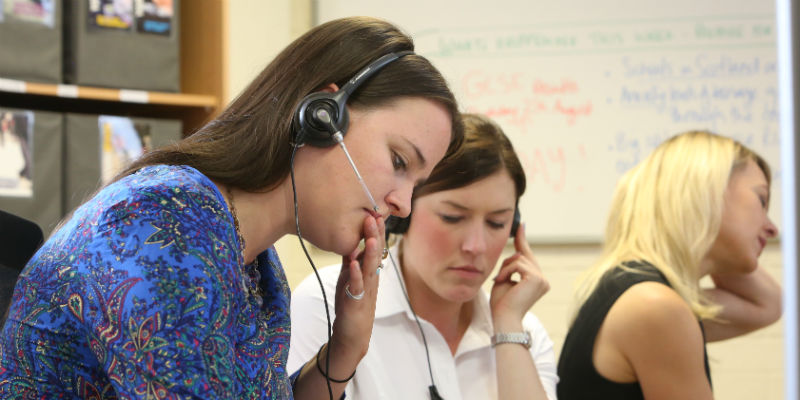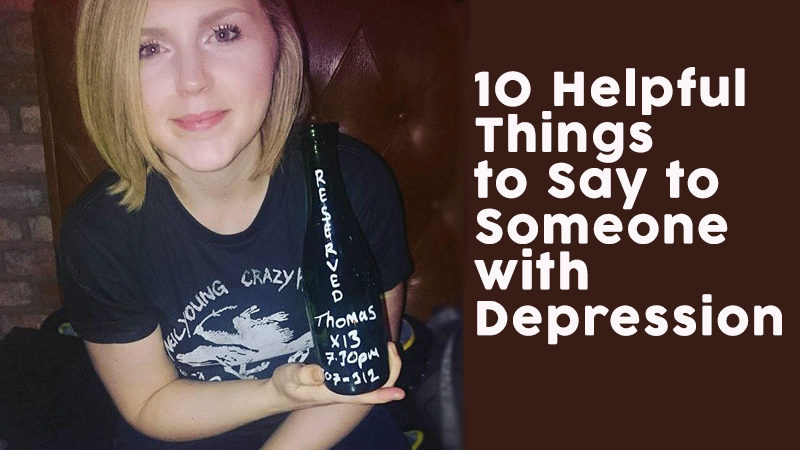Georgie is a great friend of Heads Together, and a Blue Light Champion for Mind. Here, she gives us some tips on supporting our colleagues at work:

Once Christmas and the New Year festivities are out of the way, the reality of starting a new year and going back to work soon kicks in. The dread of returning after a short break can result in a downward spiral of mood. The ‘January blues’ well and truly kick in.
It’s important to be there for each other and look out for your colleagues, and if you’re worried that the might not be okay, here’s how you can help:
Offer your support, and be yourself.
If you notice a colleague or a friend who maybe suffering; offer them your help and support. Many people say to me ‘but I don’t know what to say’. You do, just be you, as the person would not want you to be any other way. There is no need to act differently around someone who is suffering from a mental illness. Would you act differently if they were a diabetic or asthmatic? No, you are aware but it does not change things.
Give them space if they need it.
Often your friend or colleague may want ‘space’ and ‘time out’ from people. Please do not take this personally. This is just their way of dealing with things. I am very fortunate in that my friends know when I do not want to bother or talk. As long as they know that I am ok that is all that matters. My friends are still there for me at the end of the phone 24 hours a day. They do not change towards me if I go into hiding for 5 days. That is what makes them good friends who understand.
Signpost them to professional help.
Encourage your friend to seek professional help if they have not already done so. This could simply be signposting to GP or your employer’s occupational health team or counsellor if they have one. They may not want management to know and you may have to respect their wishes. I can relate to this as when I was in work, I was going through promotion and I did not want to show any signs of weakness (as this is what I thought it was at the time – I don’t now).
Keep an eye on them.
Keep an eye on them, this can be done discreetly. Are you noticing any changes in their behaviour, attitude or appearance? Are they coping with the demands of work? Staying late or not taking adequate breaks. Invite them for a walk or coffee to get away from work, even if it is for a short time.
Look after yourself.
Look after yourself. We are all susceptible to the highs and lows of life. Keep the conversations going and remember it is ok not to be ok.



